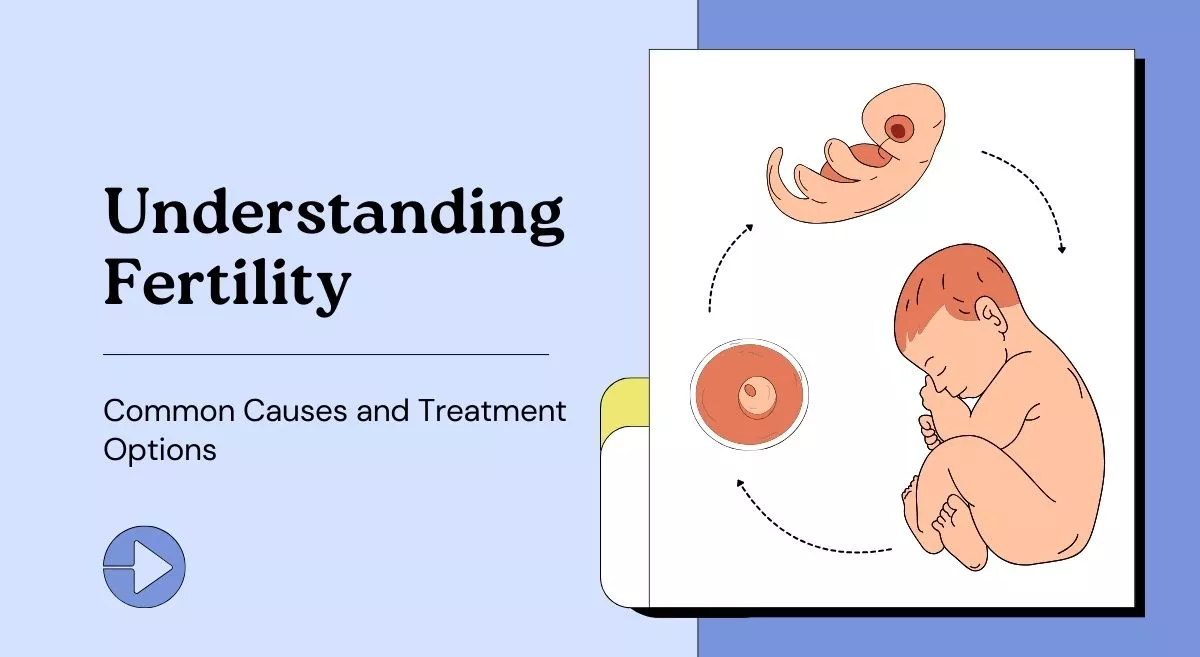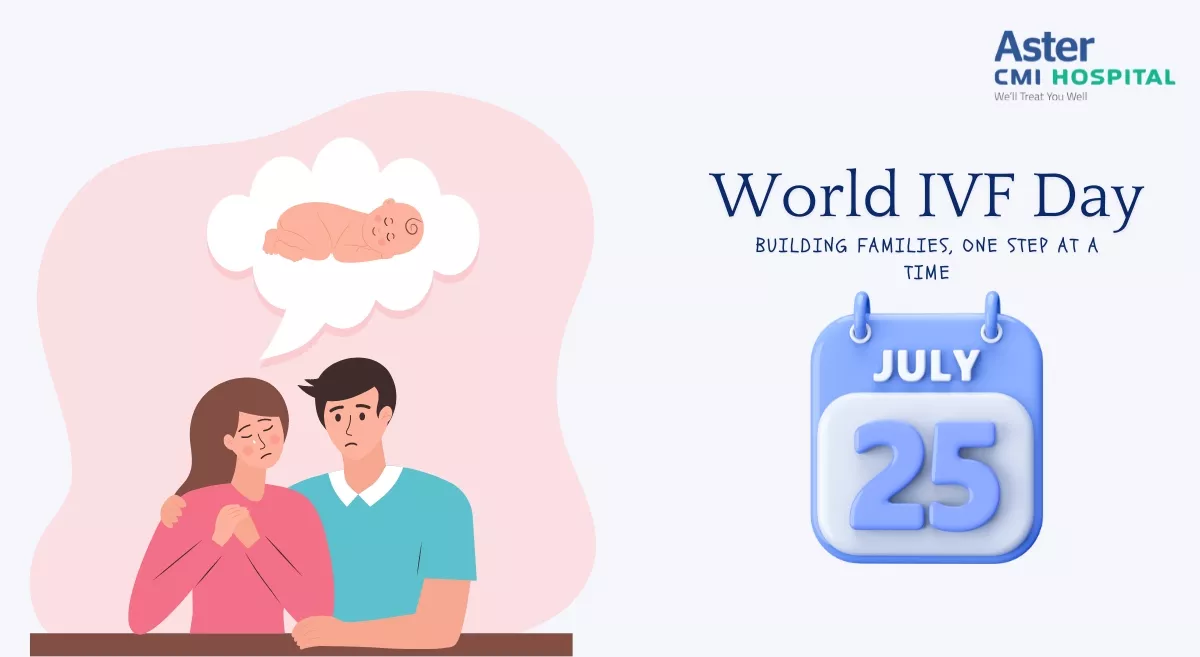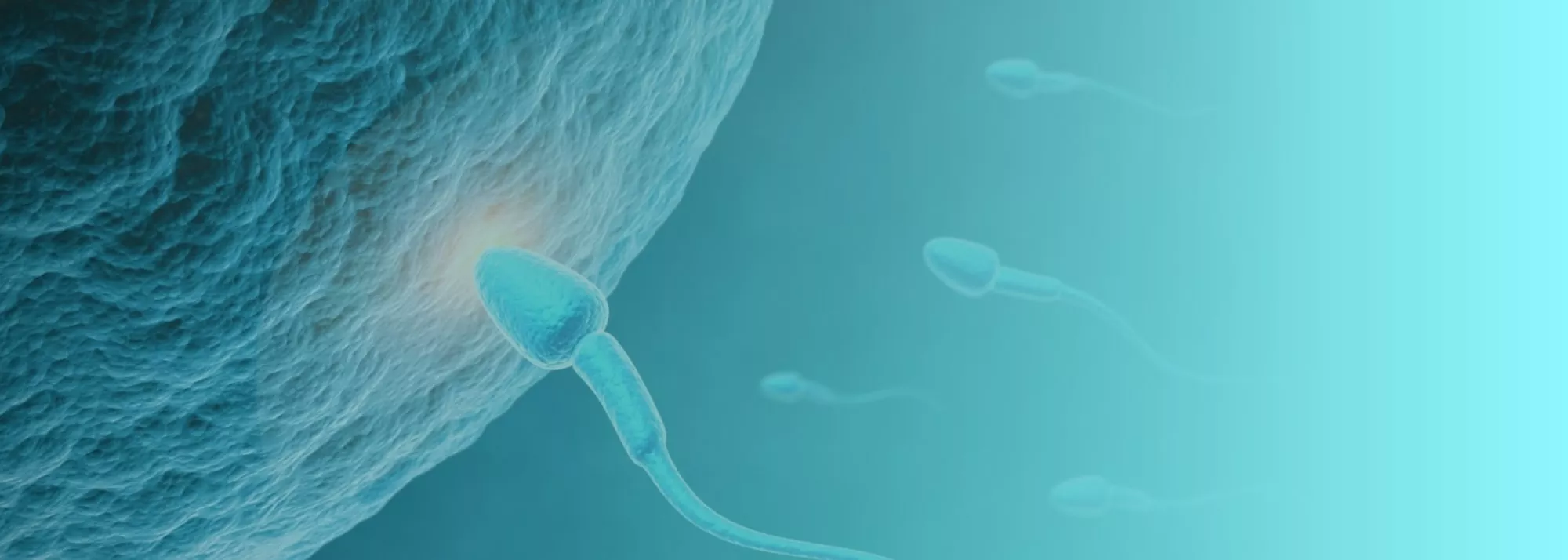Navigating the complexities of cancer treatment can be difficult for cancer patients. One aspect that is frequently overlooked is the effect of cancer treatments on fertility. Chemotherapy, radiation therapy, surgery, and hormone treatments can all harm reproductive organs and result in infertility. There is, however, hope. Fertility preservation options allow cancer survivors to pursue their parental dreams even after treatment.
Effects of Cancer Treatment on Fertility
Chemotherapy, a standard cancer treatment, can endanger reproductive cells, impairing a patient's ability to conceive innately. Similarly, radiation therapy directed at the pelvic region can harm reproductive organs, resulting in reduced fertility or infertility. Surgical interventions and hormone therapies may also have an effect on fertility, depending on the type and extent of treatment. To ensure informed decision-making, doctors must discuss these risks with patients prior to beginning cancer therapy.
Fertility Preservation Options Before Cancer Treatment
For cancer patients, there are several fertility preservation options. The following are the most common fertility preservation methods:
• Egg freezing (oocyte cryopreservation)
• Sperm freezing (sperm cryopreservation)
• Embryo freezing
• Ovarian Tissue Cryopreservation
Egg Freezing (Oocyte Cryopreservation):
Egg freezing is a procedure that involves removing eggs from the ovaries and freezing them for later use. Egg freezing is an excellent option for women who haven’t yet found a partner who they want to have a baby with or who are undergoing cancer treatment that may affect their fertility.
Sperm Freezing (Sperm Cryopreservation):
Sperm freezing is a procedure that collects and freezes sperm for future use. Sperm freezing is a good option for men undergoing cancer treatment that may have an impact on their fertility.
Embryo Freezing:
Embryo freezing is a laboratory procedure that involves combining eggs and sperm to create embryos. After that, the embryos are frozen for future use. Embryo freezing is a great alternative for couples who are undergoing cancer treatment and are concerned about their fertility. This method has the highest chances of conception.
Ovarian Tissue Cryopreservation:
A segment of a woman's ovarian tissue is extracted and preserved through the advanced fertility preservation technique referred to as "ovarian tissue cryopreservation." This safeguarding process aims to protect her eggs and her potential for pregnancy, a critical consideration for individuals undergoing cancer treatment or facing other threats to their reproductive well-being. The capability for natural conception can be reinstated upon thawing and reimplantation of the preserved tissue.
Fertility Preservation for Female Cancer Patients:
Fertility preservation is especially important for female cancer patients. According to the kind of cancer and the treatment plan, egg freezing may be a viable option. The procedure entails meticulously monitoring the patient's hormonal cycle, retrieving mature eggs, and storing them. To make informed decisions, it is critical to discuss potential risks and side effects with healthcare professionals. Understanding the procedures and being willing to face emotional challenges are critical for the success of fertility preservation.
Fertility Preservation for Male Cancer Patients:
Male cancer patients can take steps to protect their fertility as well. Sperm collection and cryopreservation provide a simple and effective method. Age, overall health, and cancer treatment can all have an impact on the quantity and quality of sperm collected.
Fertility Preservation Options for Prepubescent Cancer Patients:
Preserving fertility in prepubescent cancer patients poses special challenges. Children's fertility preservation techniques include experimental methods such as testicular tissue freezing. Ethical concerns and the role of parents or guardians in decision-making become important considerations. Informed consent and professional support can help families navigate this difficult journey.
Fertility Restoration and Planning A Family After Cancer Remission:
Patients can assess their fertility status and explore planning a family after cancer remission. To understand the potential impact of cancer treatment on future fertility, fertility evaluation and counselling are required. Assisted reproductive technologies (ART) can provide hope to those facing comorbidities. Surrogacy and adoption may be viable options in cases where natural conception is not feasible.
Coping with the Emotional Impact of Fertility Preservation:
The journey to fertility preservation can be emotionally taxing for cancer patients and their partners. The unknowns of cancer treatment and fertility can be overwhelming. Counselling and support services are available to assist patients in navigating these emotions and making sound decisions. Addressing psychological well-being is critical for maintaining a positive outlook during this period.
Financial and Insurance Considerations for Fertility Preservation:
Fertility preservation can be expensive, and insurance coverage varies. Patients should look into financial assistance programmes and resources to help them get by. It may be beneficial to discuss these concerns with doctors and seek advice from financial advisors.
Fertility preservation allows cancer survivors to realise their dream of becoming parents. Patients can make informed decisions about their future by understanding the effects of cancer treatment on fertility and exploring available options. Open and proactive conversations with healthcare professionals can guide patients on their fertility preservation journey, bringing hope and support to those facing fertility challenges after cancer treatment.











